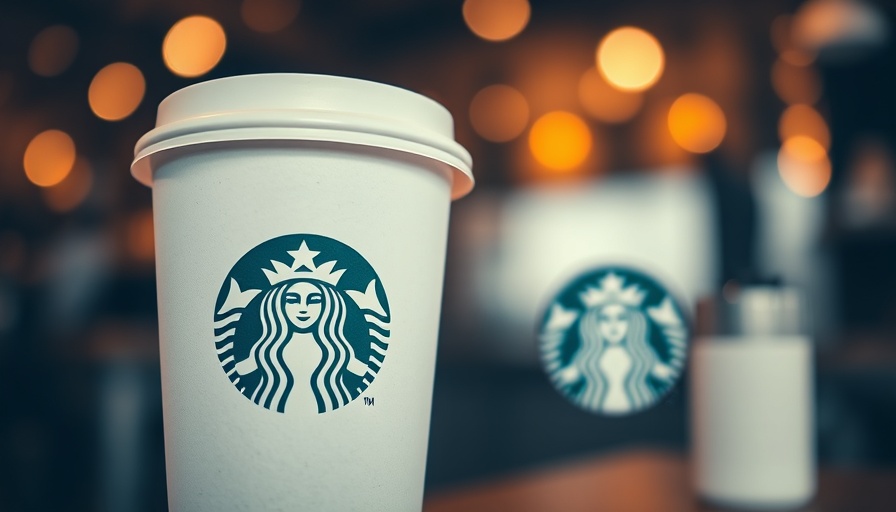
A Landmark Verdict: A Major Decision in Customer Safety
A California jury has made a significant ruling, ordering Starbucks to pay $50 million to delivery driver Michael Garcia, who suffered severe burns and permanent disfigurement when a hot tea spilled on him at a drive-through. The jury concluded that Starbucks was at fault, as the drink had not been properly secured by the employee before it was handed over to Garcia. This case has garnered widespread attention, echoing a high-profile lawsuit from the 1990s against McDonald’s when a woman was severely burned by hot coffee.
The Incident: A Life-Changing Moment
On February 8, 2020, Garcia was at a Los Angeles Starbucks drive-through when he received his order, which included three beverages. Unfortunately, one of the hot drinks was not correctly secured, leading to a disastrous incident that left him with debilitating nerve damage and the need for extensive medical treatment, including skin grafts. His attorney emphasized that the injuries were permanent and life-altering, underscoring the long-term impact of such accidents on victims.
Corporate Responsibility: A Conversation Starter
This verdict highlights the ongoing debate about corporate responsibility and customer safety. Starbucks responded with a statement expressing sympathy to Garcia, but they also disagreed with both the jury’s decision and the amount awarded, describing it as excessive. This reaction raises questions about the accountability of large corporations in ensuring the safety and well-being of their customers. How much responsibility can companies bear when situations arise from their operational procedures?
Historical Context and Precedents
The case draws undeniable parallels to the infamous 1994 McDonald’s coffee case that became a symbol of frivolous lawsuits. In that instance, Stella Liebeck was awarded $2.86 million after suffering third-degree burns from spilling hot coffee in her lap. The public reaction was polarized, sparking discussions about legal fairness, responsibility, and the potential for reform in liability laws. The Starbucks incident has reignited these debates, questioning whether the legal system fairly addresses consumer safety incidents.
Emotional Impact: Voices of Experience
The emotional impact on Garcia cannot be understated. He experienced not just physical pain, but also significant mental anguish, loss of enjoyment of life, and long-term anxiety stemming from the incident. In a post-verdict statement, Garcia remarked how his injuries profoundly changed his life, raising awareness of how serious injuries from seemingly minor incidences can alter one’s life trajectory. The verdict, therefore, serves as a reminder of the real human cost tied to corporate negligence.
The Future of Corporate Liability in America
As discussions around this verdict conclude, many are left wondering what this means for the future of corporate accountability. Will this case lead to more stringent safety protocols across fast-food chains? Or will companies remain steadfast in their defenses, potentially escalating similar incidents in the future? The outcome may influence not just how businesses operate but also how consumers perceive corporate transparency and responsibility.
Conclusion: A Call for Vigilance
This landmark case signals a critical juncture in the ongoing discourse surrounding customer safety and corporate accountability. Consumers should remain vigilant about their rights and the standards set by businesses. As this situation develops, it is essential to advocate for safe practices and ensure that measures are in place to prevent further injuries in the future. Moreover, as businesses navigate these responsibilities, heightened awareness among consumers regarding safety protocols could help drive better practices in the industry.
 Add Element
Add Element  Add Row
Add Row 



Write A Comment